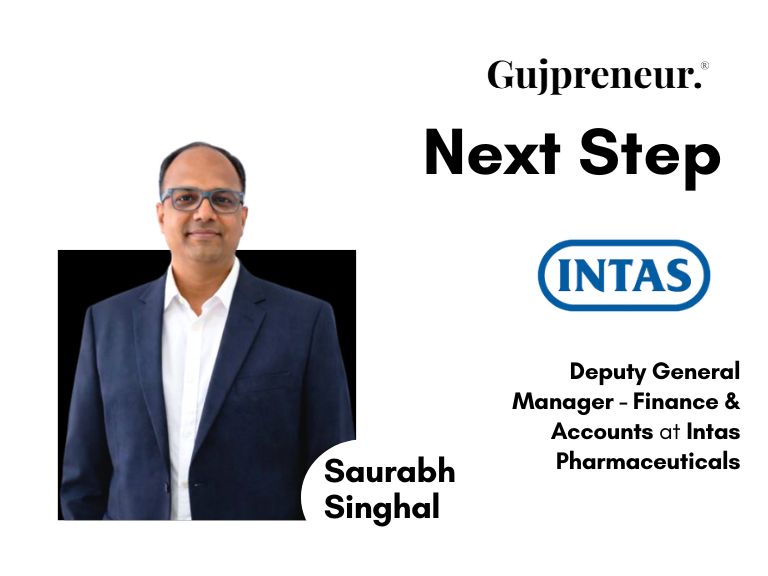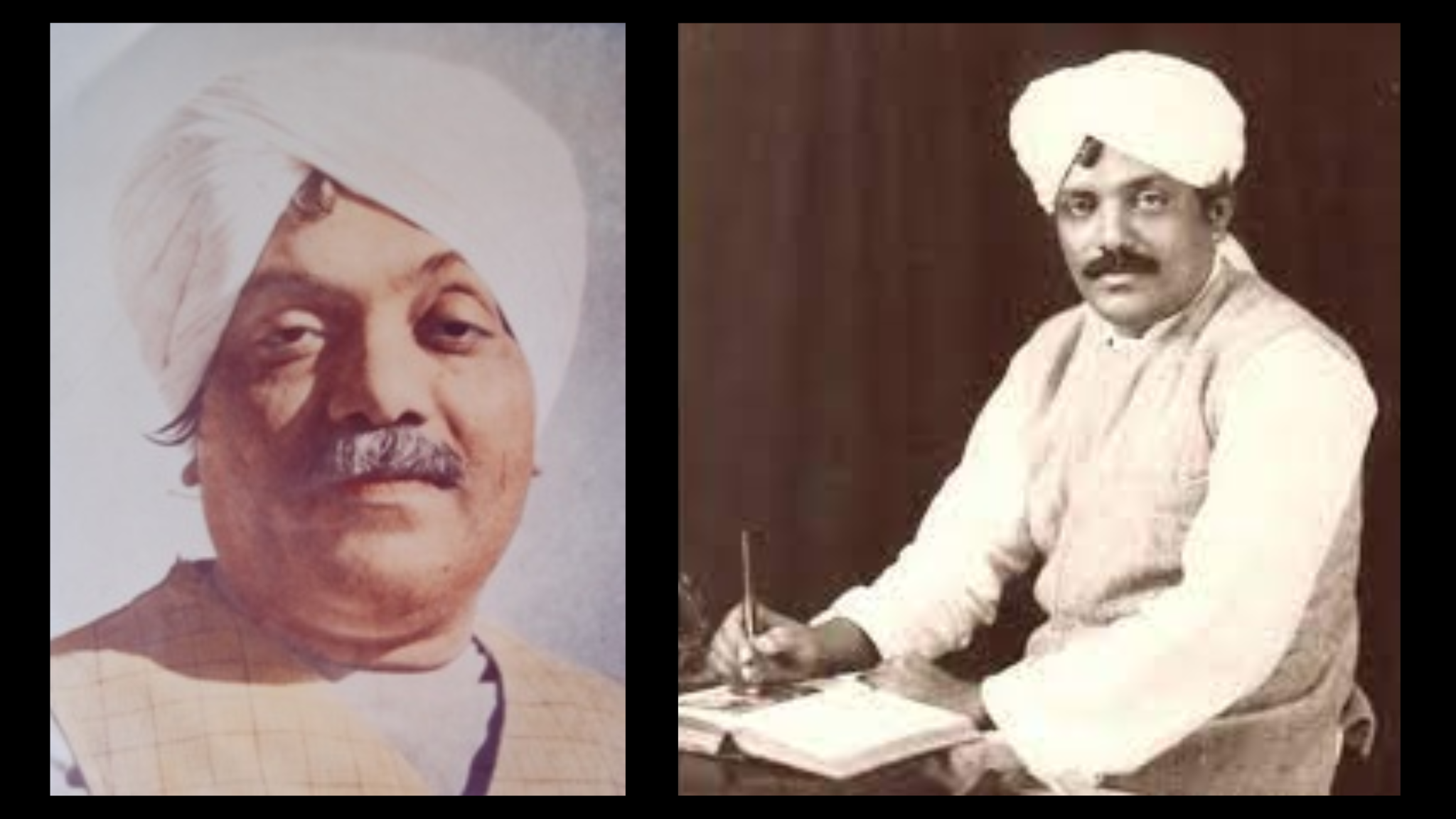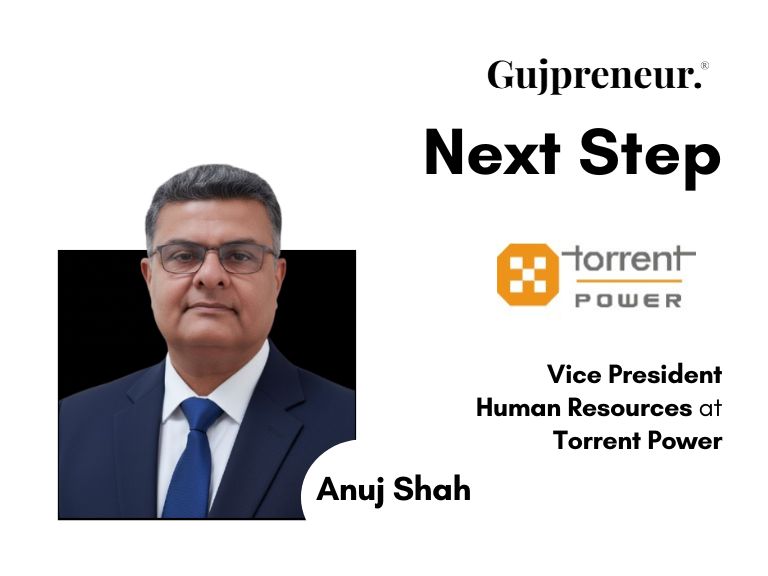World Suicide Prevention Day (which is celebrated every year on September 10) asks the easiest but crucial question: how can we make sure that nobody feels so lonely that they take their own life? In Gujarat and India, growing work pressure, financial stress, and stretched social protection are making that question all too familiar. This article gathers expert advice and practical guidance so that readers can spot the signs of risk, have better conversations, and identify the place they can go so that they can get help.
Why should we care now?
Mental health issues are not “someone else’s problem. “Increasingly more people who seemingly lead successful lives are secretly fighting at home. Stress that is introduced at work often overflows into relations, sleeping, appetite, and wellbeing, and if left untended, can spiral out of control into depression, addiction, or suicidal tendencies. The better news? Many suicides are preventable when distress signs are identified in the early phases and support is offered sans stigma.”
Voices from the field
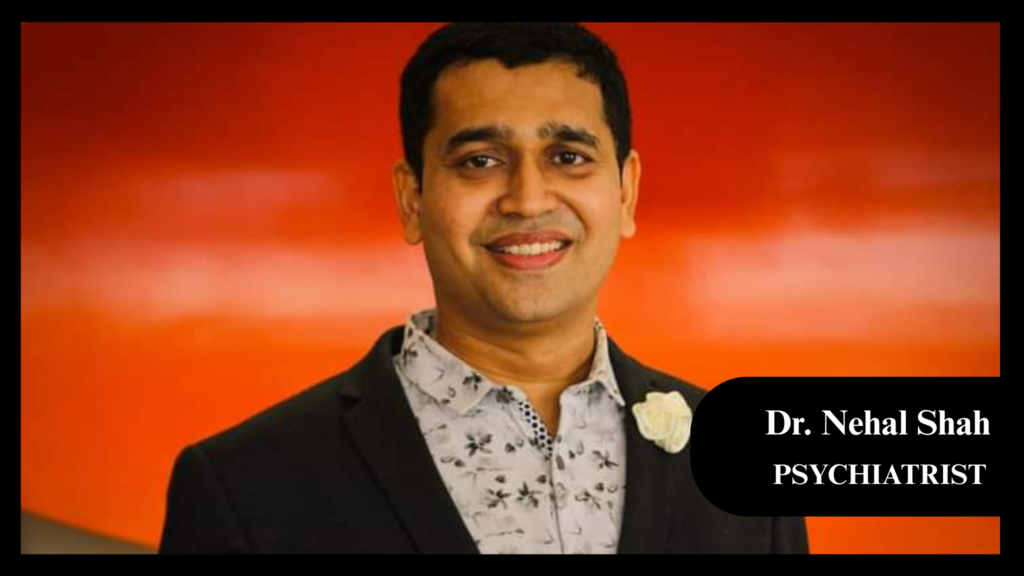
1. Dr. Nehal Shah (Psychiatrist) warns that psychiatric illnesses, especially depression and anxiety, are increasing. He says that this surge is driven by greater awareness, changing social structures, and severe work–life imbalance.
“Many couples or individuals who are most successful at their workplace are coming with a lot of anxiety or depression as they feel failure in managing work-life balance, particularly at middle age around forties,” he explains.
Dr. Nehal points out practical individual steps: “People need to start making compartments in the brain that the workplace is the workplace and home is home. Do not take stress from one place to another.” He also urges families to rebuild communication; small rituals like shared dinners or using leave for family bonding can make a difference. At a corporate level, he recommends reasonable hours, fair task distribution, and training staff to identify early warning signs. His blunt reminder: “Suicide in most cases is preventable if detected early.”
2. Dr. Chinmay Desai (psychologist) highlights the way chronic stress erodes the ability to make decisions and emotional resilience. He clarifies that long-term stress is liable to bring on the effects of depression, drug and alcohol use, social-media obsession, and irretrievable hopelessness, particularly among the middle- and low-earning working population with loans, targets, and family commitments. Target cultures in cities such as Ahmedabad and inappropriately matched expectations of jobs fuel the fire.
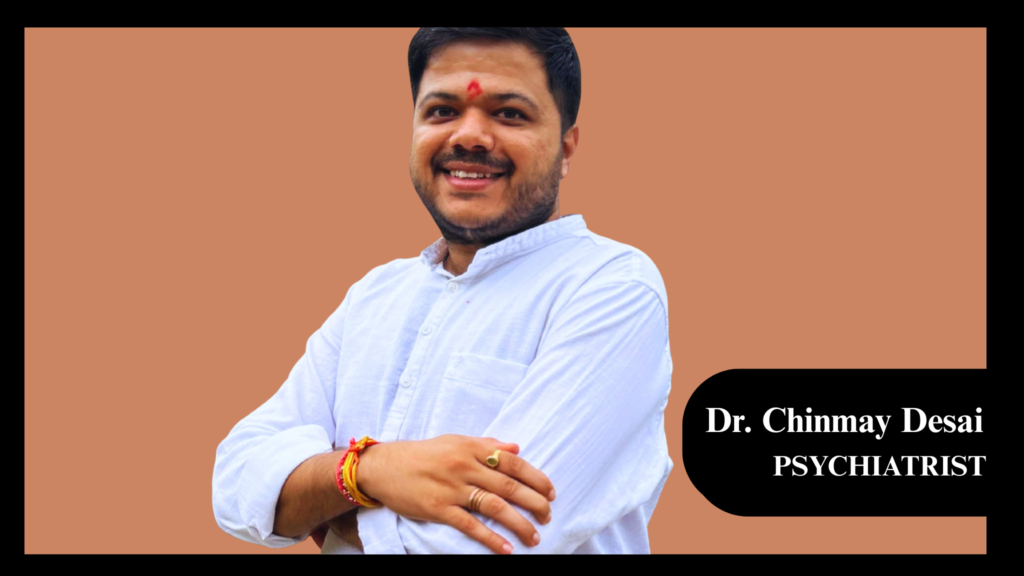
His advice combines self-care with getting professional assistance: include yoga, relaxation, and downtime from social networks; talk with trusted individuals about negative feelings; and when they become smothering, locate mental-health professionals. Distribute workloads so one person isn’t overloaded. Educate managers in recognizing distress and being responsive. Offer confidential counselling and ensure that leave is actually usable as rest and family time.
He reminds us:
“We should not ignore our negativity but rather learn to express it with the people close to us. Doing so is not a sign of weakness; instead, it brings relief and comfort.”
3. Heet Doshi (Co-Founder – The Listening Circle) brings the community angle: prevention often starts with being heard. Heet says that in listening circles, people visibly relax when they finally share long-carried burdens – and that simple, judgment-free listening can be lifesaving. To reach people who won’t come to clinics, The Listening Circle takes awareness to societies and public spaces through street plays and community sessions. As Heet puts it:
“If even one person in the audience feels less alone, feels seen, or takes a step to open up that, to me, is success.”
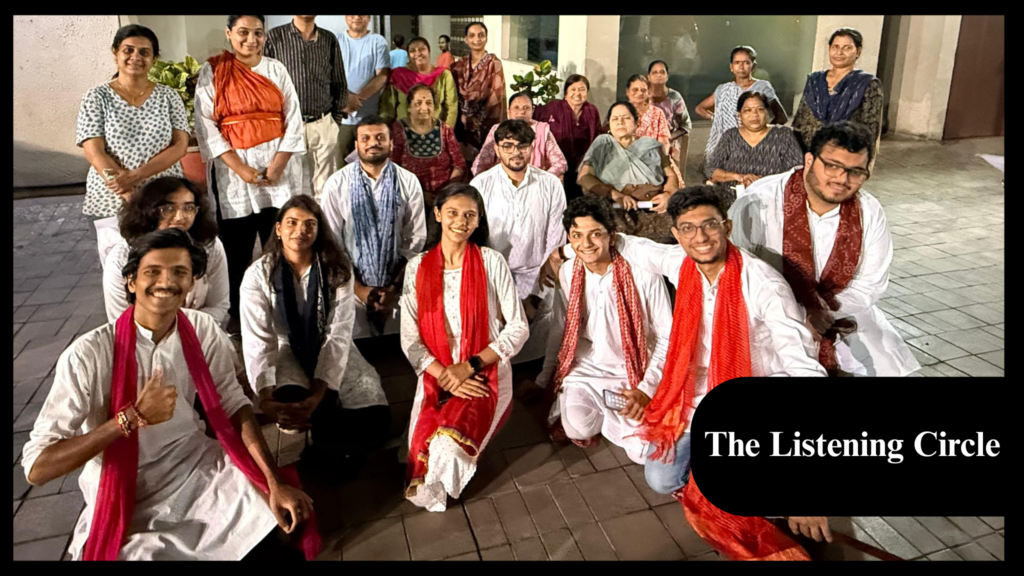
4. Krunal Shah, a dedicated social worker, has been actively working in the field of drug abuse prevention. Through his involvement in various prevention programs, he has often encountered cases with suicidal tendencies. Krunal Shah adds a grounded local view on how workplace stress has changed in Gujarat and what can be done. He says workplace stress in the state has risen notably since 2020, driven by longer working hours, hybrid work models, and increased digital exposure. “Gen Z workers in particular experience unique pressures related to digital connectivity, comparison culture, and blurred personal-professional boundaries,” he notes.
On the seriousness of the problem, Krunal points to worrying numbers and patterns: Gujarat has seen over 25,000 suicides in three years, with many cases linked to poverty, unemployment, and rising anxiety among young professionals. He adds that helplines have handled over 8,000 crisis calls in recent years — a sign of both growing distress and increased help-seeking.
He recommends concrete individual and organisational measures:
Individual measures
• Regular physical activity (gym, yoga) to build resilience.
• Engage in hobbies, music, and social support for stress relief.
• Limit screen time; set clear digital boundaries.
• Seek counselling or helplines when stress becomes severe.
How to spot warning signs (quick checklist)
Watch for changes that are sudden or persistent:
• Withdrawal from friends, family, or activities they used to enjoy
• Noticeable drop in work performance or missed targets
• Increased irritability, hopeless talk, or mentioning being a burden
• Sleep and appetite changes, or new substance use (alcohol, tobacco)
• Saying things like “I can’t go on” or “You’d be better off without me” takes these seriously
How to respond if someone seems at risk
1. Ask directly but calmly. “Are you thinking about hurting yourself?” Although this is a tough question, it does help.
2. Listen without judgment. Let them speak and don’t minimize their feelings.
3. Stay with them until safety arrangements are made (phone calls, help arriving).
4. Help them seek professional care – offer to call a helpline or accompany them to a clinic.
5. Remove immediate means if you can (medication, alcohol, sharp objects).
6. Follow up – a message or visit after a crisis matters.
What employers can do
• Create reasonable work hours and avoid unnecessary after-hours demands
• Give out tasks so nobody becomes overwhelmed.
• Educate managers in identifying distress and reacting empathetically.
• Provide confidential counselling and make sure that leave is indeed permitted for rest and family time.
Where to seek help (India / Gujarat)
• Tele-MANAS / national helplines — confidential tele-counselling initiatives.
• Jeevan Aastha Helpline — 1800-233-3330 (Gujarat Police/state support).
• 104 Suicide Prevention Helpline — 24/7 counselling for crises.
• Saath Suicide Prevention Centre, Ahmedabad — in-person and phone counselling support.
If you’re unsure where to start, calling a helpline is confidential and can point you to local services.
A small final truth
Talking about suicide is hard. Acting is harder. But the smallest acts like listening, asking a direct question, offering to find help, can change the course of someone’s life. As Dr. Nehal said plainly, suicide is often the start of long troubles for the family, not the end. So, let’s not treat it as an option.
If you’re reading this and feeling low, you’re not alone. Reach out to someone you trust, call a helpline, or seek a mental-health professional. If you want, Gujpreneur can connect readers to local resources or feature community mental-health initiatives – send us a message.


